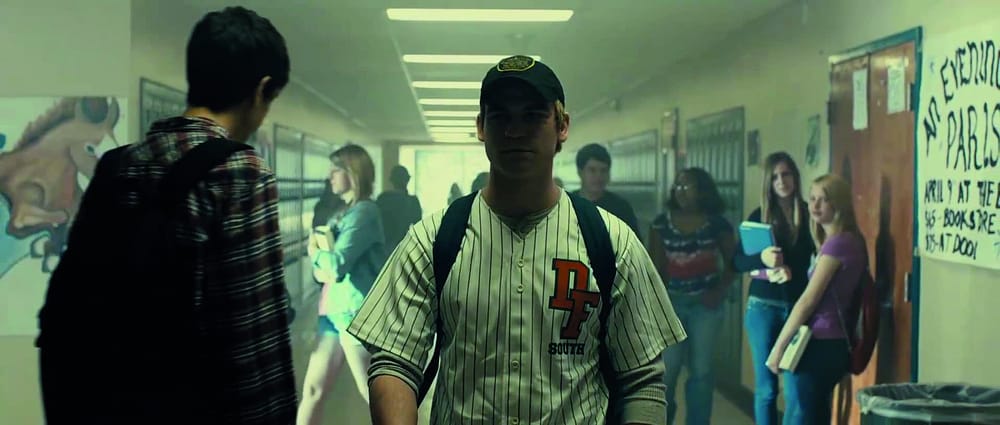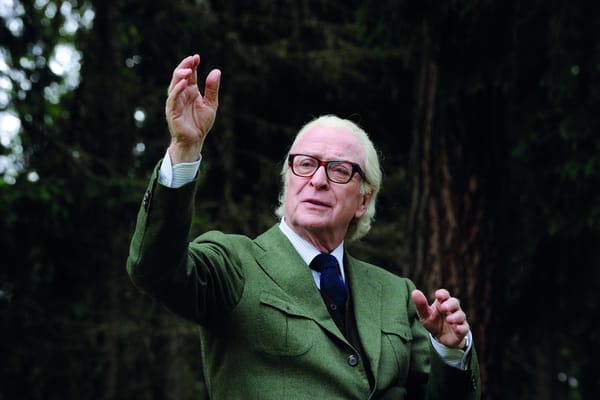Documentary corner: The Imposter
Our regular column on this week's documentary fave

On the 13th of June, 1994, thirteen-year-old Nicolas Barcley went to play a game of basketball with his friends in San Antonio, Texas. This was the last time he was seen. Missing for three years and presumed dead, he was suddenly discovered in Linares, Spain. Or was he? Well, his family said it was him. In fact, they were entirely sure. This confirmation was apparently enough for US embassy officials and the FBI, who celebrated the return of Nicolas with the family. The issue is that the Nicolas that went missing 3 years prior had blue eyes and a thick Texan accent. The person who turned up had brown eyes and a French accent... It seems unbelievable but it’s all completely true. With a real world set-up this good how could the film not succeed?
There are a lot of unanswered questions in this film but one thing is certain: there was an imposter. This pretender was 22 year-old French-Algerian Frederic Bourdin: an obsessive-yet-talented con man, who turned out to have a long history of impersonating various children. The misidentification by the family was predicted by Bourdin, who is interviewed in the film; all he had to do was capitalise on a grieving and desperate mother and sister, who we realise were probably willing to believe anything. In the end Bourdin was exposed by largely one man – private investigator Charles Parker.
The whole film gorgeously unfolds in the style of a classic thriller. Re-enactments are used extensively to set the tone and allow the documentary to take a more narrative form. Normally, when someone says the phrase ‘re-enactments’ to me, images of cheap and cheesily shot scenes come to mind, but this is definitely not the case here – the realism and style is superb.
Director Bart Layton really succeeds in maintaining tension and mystery throughout. We are not given all the information we need right away, and my opinions changed several times throughout the film. Several questions are raised and never answered: Did the Gibson’s really think Bourdin was their son? Did they convince themselves out of desperation? Perhaps they had an ulterior motive? If so, what motive would explain allowing a stranger into your house? I won’t spoil the ‘oh my God!’ moment of this film – a moment which honestly makes you question everything you’ve begun to think up until that point – I’ll just say that it gives you a good central point when you debate the question of “how the hell did he get away with it?!”
Overall, The Imposter is a masterfully assembled documentary. Takeing the form of a documentary/mockumentary fusion with the best aspects of both genres being extracted, The Imposter is uniquely accomplished for a documentary film, in terms of both tension and edge-of-your-seat filmmaking.






